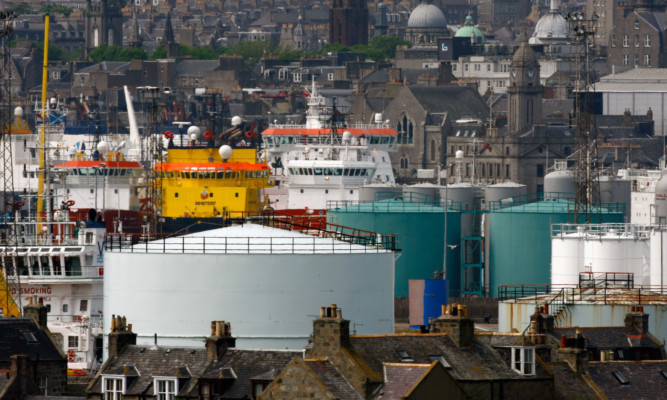The oil and gas industry will play a vital role in British energy needs for decades to come, according to a trio of UK Government ministers.
Three Liberal Democrat secretaries of state were in Aberdeen today to set out their long-term strategy, offering to encourage investment, boost supply chains and promote exports.
They used the opportunity to intervene in the Scottish independence debate, telling business leaders that the UK Government is best able to support them. An independent Scotland would be too reliant on offshore revenue and less able to weather any “shocks”, they claimed.
Business Secretary Vince Cable, Scottish Secretary Michael Moore and Energy Secretary Ed Davey spoke at the launch. They want to maximise economic production, noting that oil and gas will make up 70% of British energy needs into the 2040s. The supply chain can also be supported, exporting skills to other countries and bringing new skills to the industry, they said.
A new cross-party group of MPs will start to work with the industry in an attempt to guide the Government’s work.
Mr Davey said the industry will play a huge role despite efforts to promote cleaner fuels and decarbonisation.
“The primary products, oil and gas, on all estimations will remain an integral part of the mix for many decades to come,” he told an invited audience which included industry leaders and local politicians.
Quickly moving to address the independence referendum, he said: “Only the UK can deliver what is required over a sustained period if you are going to get the most out of the oil and gas industry. The UK is a large economy – that is why we can provide the support. Smaller economies have difficulty absorbing the costs. The size of the UK economy can really create the framework and certainty.”
Mr Cable also underlined the pivotal role oil revenues are playing in the debate about the future of the UK.
The industry “shouldn’t feel taken for granted by the UK Government”, he told the industry representatives which included firms such as Shell as well as emerging companies.
“A bigger country is better at absorbing shocks it’s simple logic. A modest change has a significant impact on GDP in a country 10 times smaller, the shock would be proportionally bigger. We need to remember that when we’re debating this sensitive issue.”
The Scottish Government recently claimed the industry was at the start of a second boom, but unionist parties accused it of exaggerating likely oil revenues to support its case for independence.
